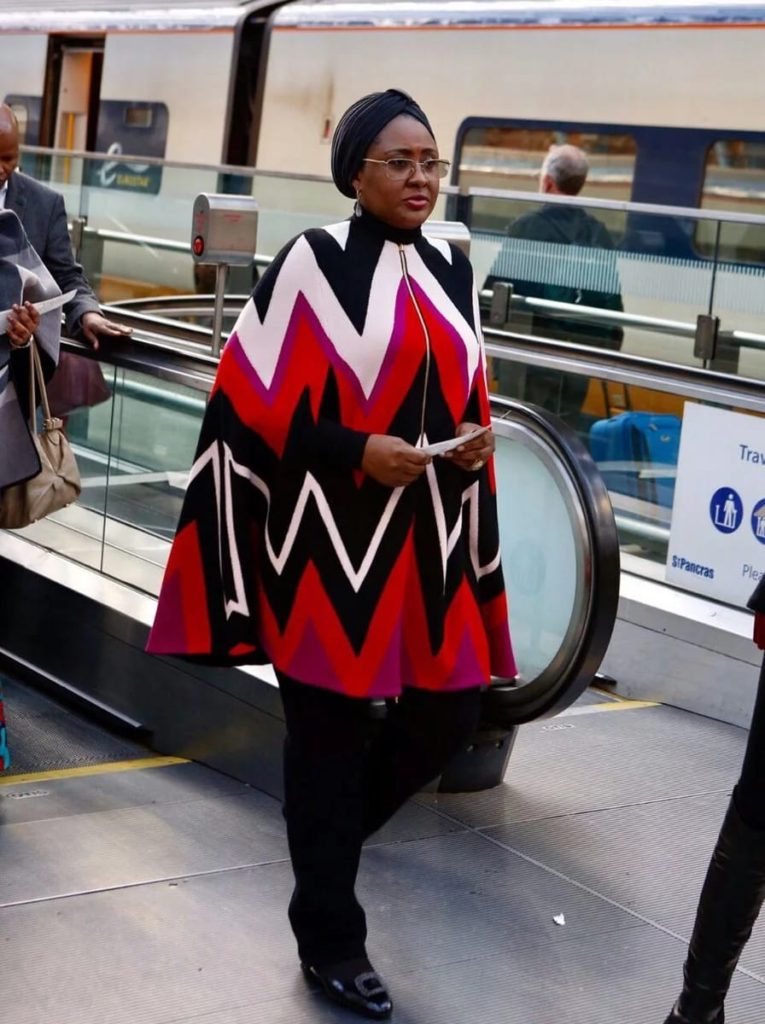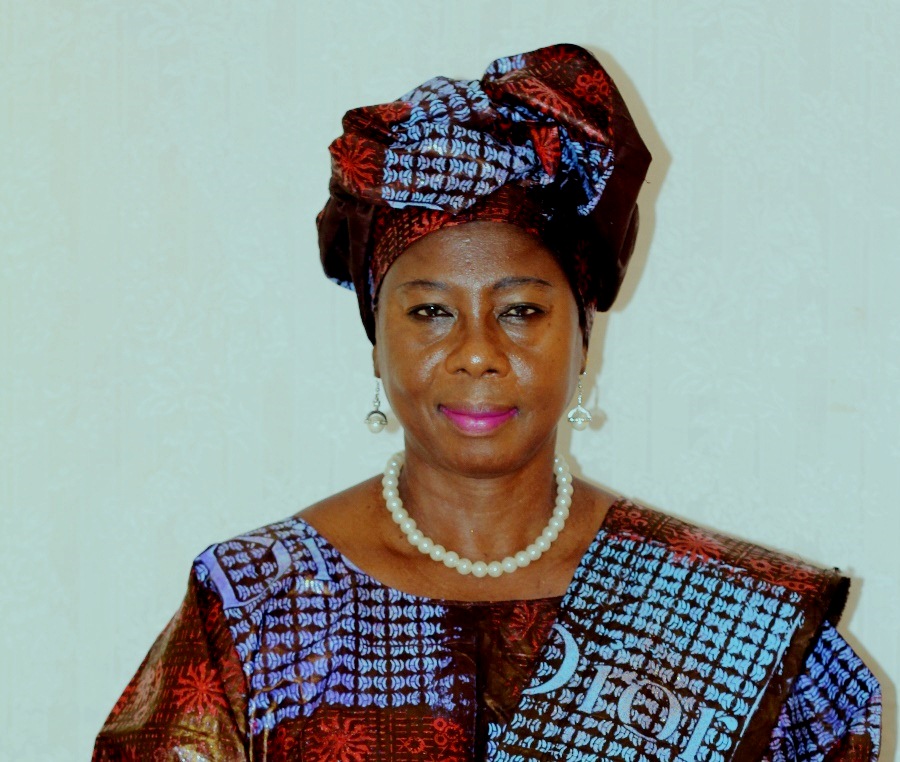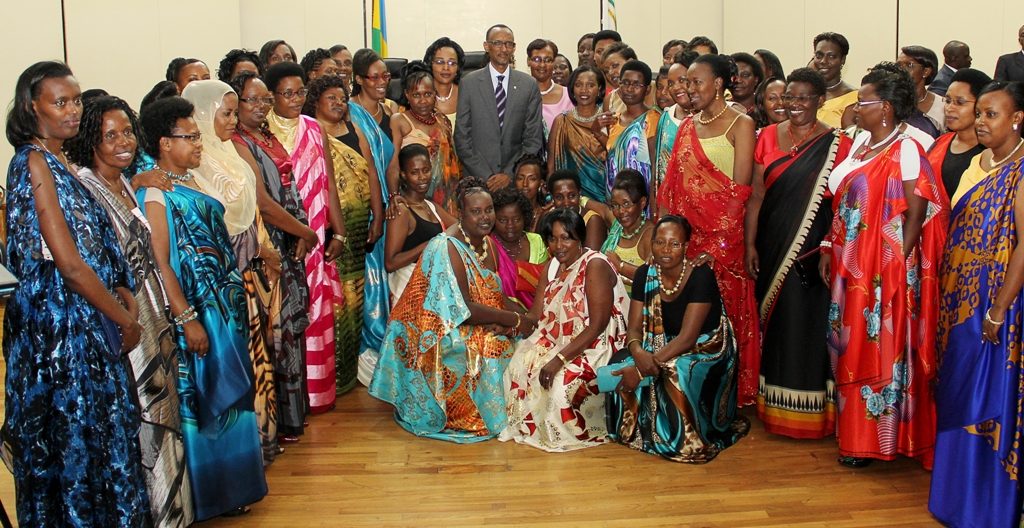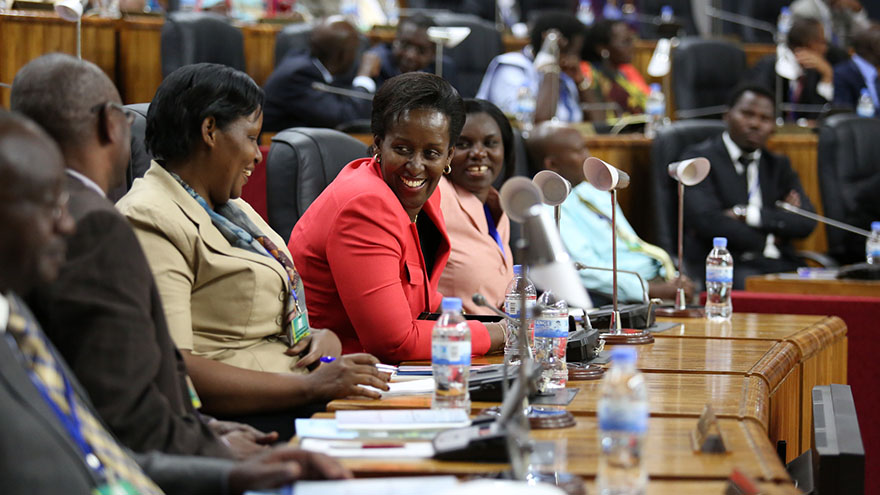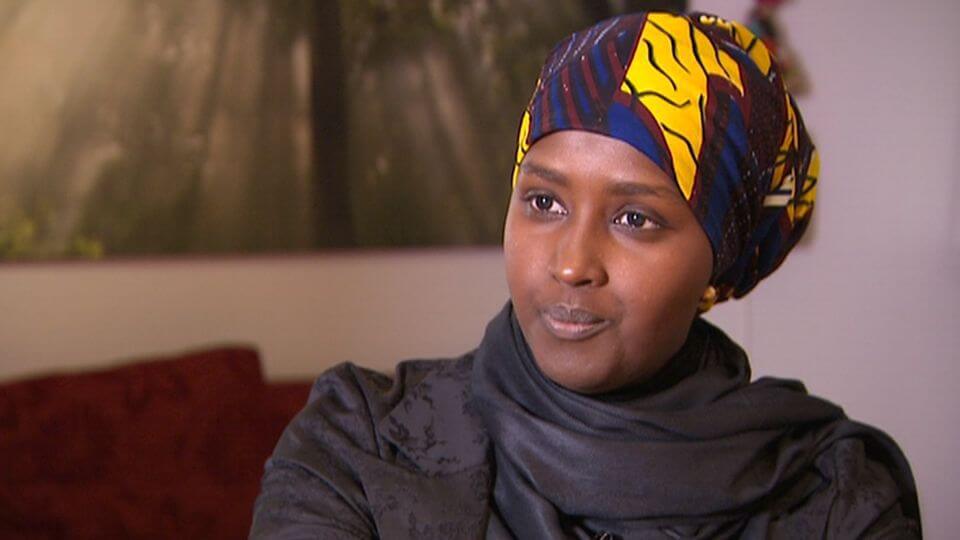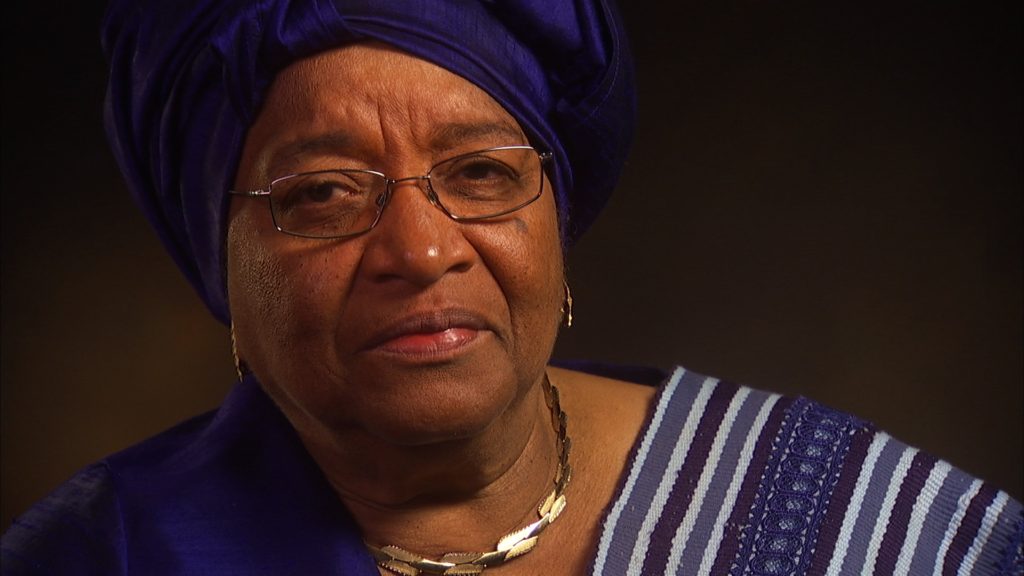The Hillary Clinton ticket was received with excitement by the women folk across the globe. This turn-around in the United States has sparked up lots of ideas, dreams and hopes for women who have been marginalized for such long years with the popular phase “the weaker sex” who is not capable of handling state matters. With numerous charges of assault hovering round the Republican Party Presidential nominee Donald Trump, he is definitely not the choice of women. Many have said “for a man running for president to tag a woman NASTY in the public space, he may do worse things when he assumes power”. Sampling opinions from a number of women has revealed that women around the world have decided to take their destinies into their own hands regardless of what society has proposed. While reviewing the Clinton policy for women, it is an obvious fact that the successes of…
The African Woman- Beyond “Kitchen and the Other Room”
By Ehis Ayere for Amazons Watch Magazine “I don’t know which party my wife belongs to, but she belongs to my kitchen and my living room and the other room.” Nigerian President Muhammadu Buhari said, reacting to his wife, Mrs Aisha Buhari’s call in a BBC interview for the President to shake up his government. As reported by media, Mrs Buhari In her words, “I am not a government official, but in my opinion as a woman, a mother, what I think is it is well known that the first 4 years are not going to be easy. Firstly, it was people that brought the government into power. More than half of those people are not appointed into the government. Some people that are not politicians, not professionals were brought into the government. They don’t even know what we said we want and what we don’t during the campaign.”…
The Gambia 2016 Elections: Meet the First Female Presidential Candidate
By Ehis Ayere The African woman is strong. The African woman is brave. The African woman is enterprising. The African woman is ambitious. The significant gradual transitioning of the continent from a repressively patriarchal society to a more equal and inclusive society demonstrates the resilience of the African woman. Indeed, over the last two weeks by highlighting some of the successes of women parliamentarians in Rwanda on this column, we have seen some of the ingenuous initiatives, policies and legal reforms, engendered by the Rwandan Chamber of Deputies with over 64% women representation which have bettered the lives and improved the status of Rwandan women, and relatively closed the gender gap in the country. This is the story of the African woman. Read: Gender and Politics: Celebrating the Achievements of Women in Parliament across Developing Countries Following the recent announcement of a renowned anti-Female Genital Mutilation activist, Dr. Isatou Touray,…
Gender and Politics: Celebrating the Achievements of Women in Parliament across Developing Countries (2)
By Ehis Ayere Last week, we began a discussion focused on celebrating the achievements and successes of women in parliament across developing nations, highlighting some of the achievements of the female-dominated Rwandan Chamber of Deputies which is the country’s lower house. With over 64% of women representation since 2013, the women in Rwanda parliament has over the years been successful in closing the gender parity in the country. Rwanda boasts of successful initiatives, policies and legal reforms that economically empower women, as well as address the health issues and violence against women which was rampant in the country, due to the 1994 genocide. According to the Global Gender Gap Index Report in 2015, Rwanda ranks higher than United States in leveraging the pool of female talent, based on economic, educational, health-based and political indicators. Findings reveal that 88% of women in Rwanda have jobs, compared to 66% of women in…
Gender and Politics: Celebrating the Achievements of Women in Parliament across Developing Countries (1)
There are more women than men in parliament in Africa and across developing countries. This is very fascinating. An East African nation, Rwanda leads globally in the percentage of women parliamentary representation with 63.8%, followed by Bolivia with 53.1%, Cuba with 48.9%, two South American countries. Seychelles, Senegal, and South Africa are African countries with over 41% of women representation in parliament. It is indeed enthralling to note that in additional to the remarkable contributions of women in top leading executive positions of Government, such as Ms. Ellen Johnson Sirleaf, President of Liberia, women are also contributing, very tremendously, to the society as parliamentarians, by making laws that foster inclusive growth and development, empowering and protecting women against violations and other forms of abuses. Over the following weeks, this column will celebrate the achievements of women-dominated parliament and female parliamentarians across developing countries, showcasing their contributions to the society and…
Somalia Presidential Elections: Betting on Fadumo Dayib
Women across developing countries have over the years been demonstrating strong leadership in positioning their countries on the path of democracy, good governance, peace and security, infrastructural development, as well as economic growth and prosperity. It is fascinating that women are today breaking “glass ceilings” to rise to the topmost echelon of power in developing countries with a long history of female subjugation, civil conflicts, insecurity and military despotism.
Where Do African Women Have More Power? Surprise— In Countries Emerging From War
By Aili Mari Tripp
When I went to Uganda in 1992, I was interested in understanding why the country had so many women in top government positions and why it had the highest rates of representation of women in parliament in Africa at the time. During my research, I realized that a key reason was war. Uganda had just emerged from years of major conflict. Relations between women and men had begun to change, and as a result, women started to mobilize for their rights.


